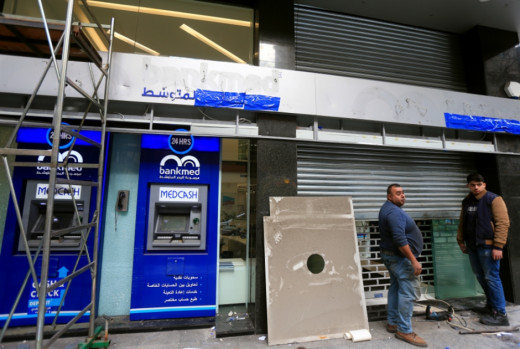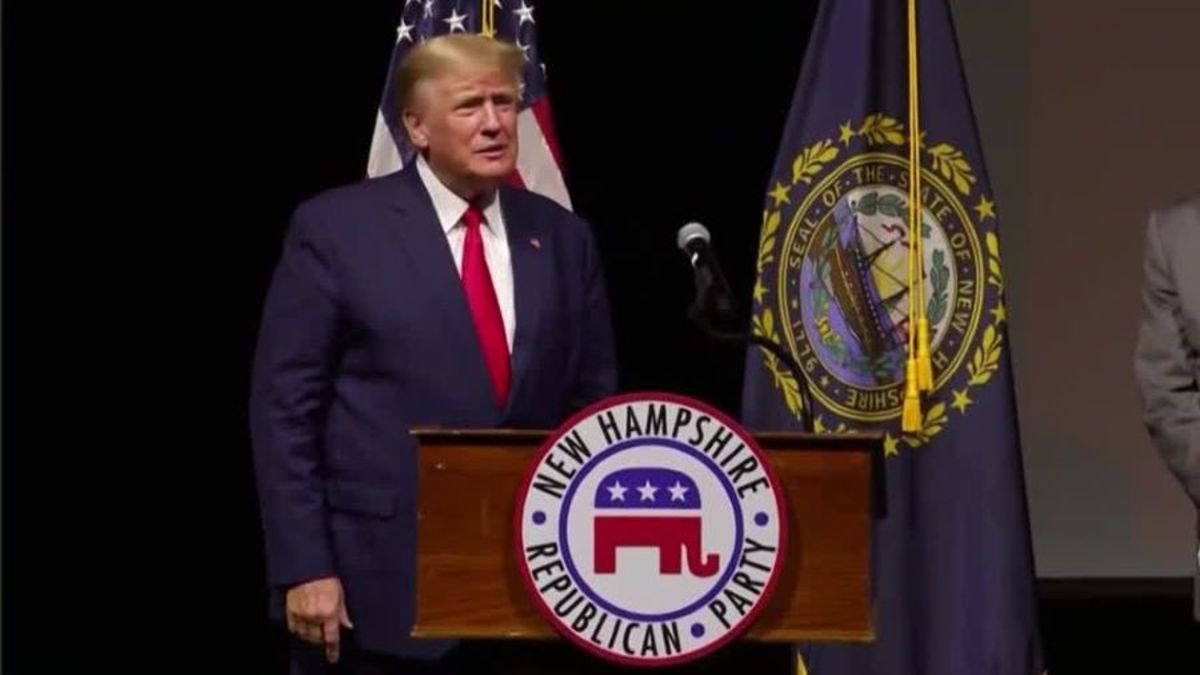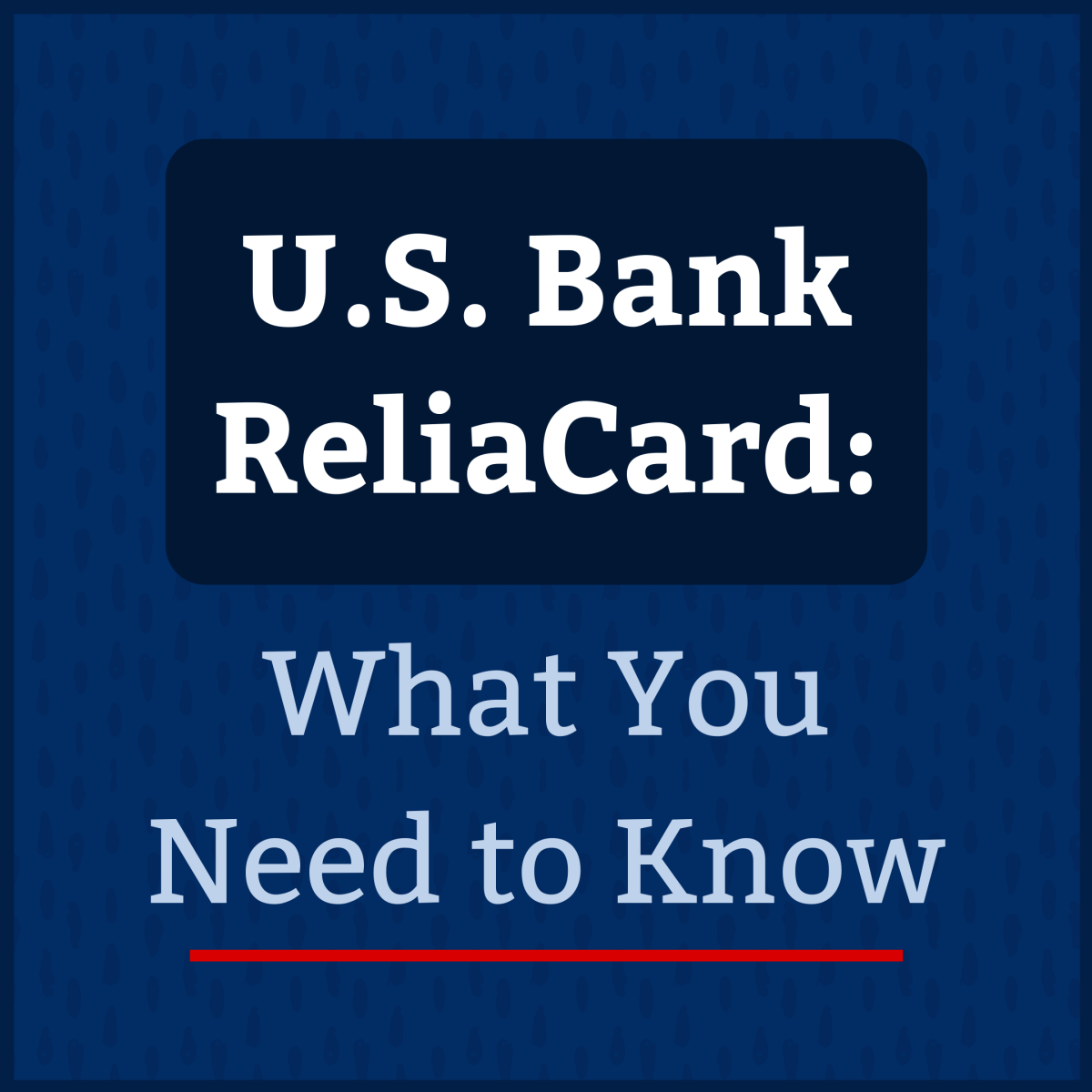Bring Down the Bank Secrecy

The Minister of Justice sets the foundations for the abolition of bank secrecy
It can no longer be stalled. Banking secrecy must fall today before tomorrow. Every day that passes by means of the survival of one of the most important sources of corruption. Yesterday, the subcommittee's subcommittee took a step forward, but incomplete. It decided to remove banking secrecy from workers in public affairs, but it did not compromise the privileges of tax evaders protected by that secrecy. The government may fill that shortfall. You will study a law that has been submitted further by the Minister of Justice. The project, in turn, is incomplete, as it does not completely eliminate banking secrecy. But it includes an amendment to the income tax law, which opens the door to loosening the law of tax evasion and illicit enrichment, under the pretext of "bank secrecy." The only thing left is one: to drop the banking secrecy completely, not only because of its bad deeds, but also because it lost its usefulness as well.
The Banking Confidentiality Act
The Banking Confidentiality Act, when passed on September 3, 1956, marked a fundamental shift in the monetary and economic track in Lebanon. As soon as it was passed, the banks' treasuries were opened to the money and the capital escaping from their countries, and they formed huge liquidity. Today, things have changed completely. Attract malfunction. The global tax system to which Lebanon has joined has removed this feature from its content. Foreign wealth hidden in banks has become exposed by virtue of Lebanon entering a set of treaties that imposed on it the approval of the law on the exchange of tax information. In practice, this led to the abolition of bank secrecy in front of foreign tax administrations, especially the US. Nevertheless, deposits continued to flow to Lebanon, albeit at a lower rate, most notably from Lebanese expatriates, due to the high benefits offered by banks.
After the unprecedented financial crisis, whose first repercussions were the confiscation of depositors ’money by banks, all the attractions that the Lebanese banking system had secured… and thus the banking system, as it was known to, fell. This automatically means uselessness in maintaining bank secrecy, which in practice has turned into a tool for two crimes: tax evasion and illicit enrichment.
For years, he has been debating the Banking Confidentiality Act in the House of Representatives. Today, it has reached the end of the road, as part of a series of anti-corruption laws, most notably:
The Unlawful Enrichment Law, which the proposed amendment stipulates, states that any citizen who has general responsibility for his property at home and abroad will be declared upon appointment, then every three years, and after the end of his work.
The Loot Money Recovery Law
The Loot Money Recovery Law, which includes a mechanism for tracking, requesting and recovering funds from abroad, after their owners are found guilty of unlawful enrichment.
The law establishing the Anti-Corruption Commission, which was approved by the House of Representatives and returned by the President of the Republic, refusing to discriminate against the partisans who prevent the law from being members of the commission, and it is expected that the parliament will return to confirm it to consolidate the independence of the commission.
Yesterday, the sub-parliamentary committee affiliated with the joint parliamentary committees announced the end of the study of the two proposals to lift bank secrecy and illicit enrichment, provided that a final reading of them in their final form will be conducted in a session to be held next Monday.
With regard to the lifting of bank secrecy, the committee's chairman, Ibrahim Kanaan, announced that the proposals submitted by: the Free Patriotic Movement, the Phalange Party, MP Paula Yaqoubian and MP Jamil al-Sayyid, were unified with some amendments. The final version centered on "automatically raising bank secrecy as soon as he takes a public office."
According to Canaan, the formula includes everyone who deals in public affairs and public money, whether he is a specific worker, elected or contracted. The background of the law is to fight corruption crimes. Therefore, the complete abolition of bank secrecy did not find its way to approval, despite the fact that a number of deputies, in addition to the Bar Association, supported this. The majority is still holding on to bank secrecy, under the pretext that "abolition at all does not benefit and opens the way for the wrong use of the law, add that the amendments were based on the proposals submitted, and they do not all refer to abolition at all."
However, the committee's summary appears to fall short of surrounding all corruption. Tax evasion is one aspect of this corruption. It has become an offense punishable by law in theory, but in practice, its implementation remains impossible because it clashes with bank secrecy that still prevents the local tax administration from checking the accounts of taxpayers. This loophole allowed most taxpayers to own two accounts books, a notebook that is provided to the tax administration and is often a loser, and a book submitted to banks, including profits, that allows access to loans. And because employees deduct taxes directly from their income, the bottom line is that tax evaders and those benefiting from the resilience of banking secrecy are, for the most part, only the rich.
Surprisingly, the bank secrecy law will witness a new round of discussion today. This time, the government will be at the center. The first item on the agenda of the cabinet session refers to a bill prepared by Justice Minister Marie Claude Negm in the same matter. At first glance, it seems surprising. The Ministry is represented in the Parliamentary Sub-Committee of Judge Rana Akoum, who submitted her observations and proposed amendments to the texts presented, and a working group with opponents of the continuation of banking secrecy (a group of opponents of the continuation of bank secrecy) also composes a working group to formulate the proposals and amendments approved in the committee. Why did Akum not introduce the amendments that the ministry wants, instead of returning matters to square one by introducing a new bill? Some considered that this step is a formality, through which the government seeks to highlight its contribution to the adoption of the law and nothing more, especially since the project that is being discussed today is not fundamentally different from the text approved in the committee.
Sources concerned with the bill reject the rumors that there is no difference. She says that the project presented today to the government is "far beyond" from the proposal discussed by the committee. Moreover, the source says that, in practice, it reaches the point of eliminating bank secrecy. As the lifting of bank secrecy includes "everyone who takes responsibility in banks, funds and councils of all kinds, political societies, and television and radio stations." It also includes "everyone who contracts and contracts with the state to implement public pledges or any type of contract, and about their spouses, children and relatives up to the fourth degree."
The draft clarifies that declassification includes Lebanon and abroad, and it also applies to all who previously held general responsibility in the state since 1990 and until that time.
The most important in the project, which does not completely abolish banking secrecy, is that it transcends the issue of fighting corruption, to extend the amendment of the income tax law, specifically Article 103 of it, which has historically constituted the most prominent obstacle in the face of tax administration to determine the basis of the tax that taxpayers are obliged to, due to their confidentiality in banking secrecy. . In the text proposed by the Minister of Justice, and it is reported that the Prime Minister supports him, obligating "every natural or legal person in Lebanon, including banks and financial institutions operating in Lebanon and its branches and representative offices abroad, to inform the specialized finance officials, upon request, of all that he has From records, documents and information that help determine the basis of the tax that may be incumbent upon him or other taxpayers ... provided that the finance employees are committed to professional confidentiality in relation to the information they obtained.
If the expedited bill is approved today (5th of March 2020), it should not delay its transfer to the House of Representatives. Then it is expected that President Nabih Berri will shorten the road and not delegate it to the Administration and Justice Committee as usual, but rather directly to the joint committees, allowing for merging it with the proposals studied by the subcommittee. So will this step be the beginning of the end of banking secrecy, or will the bank lobby and the major financiers, monopolists and tax evaders succeed in protecting its interests?








